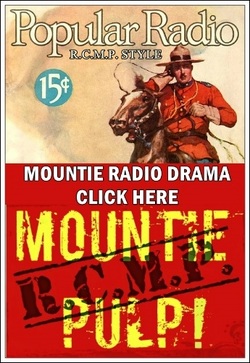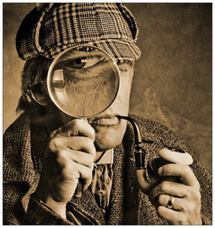
Peter Egan, best known to Phantom Empires from his recent spot on the worldwide hit DOWNTON ABBEY, plays Stamford Holmes, the grandson of the great consulting detective, but Stamford, while having every bit of the Herculean intellect and breadth of curiosity of Grand-dad, has no interest in the vocation which made his last name famous. On the other hand, the Grandson of Dr. Watson, also a Dr. Watson, played with amusing exasperation by Jeremy Nicholas, is entirely preoccupied by the perpetuation of their shared familial mythos.
The mysteries are fun and generally quite solid, in spite of the generally humourous tone of the writing. Egan's Holmes is amazingly arrogant, but in the most charming way, and in the reflection of his Watson's incessant attempts to turn everything into a mystery (to add more meat to his newspaper scribblings detailing Stamford's 'adventures'), it seems reasonable!
Honestly, I consider these equal to anything Holmes related thus far produced, and that includes the immaculate Jeremy Brett versions. Sadly, there were only six episodes produced in 1983, and what a great pity that is.
I recommend them all!
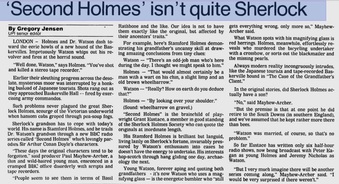
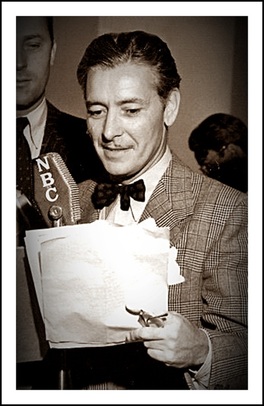
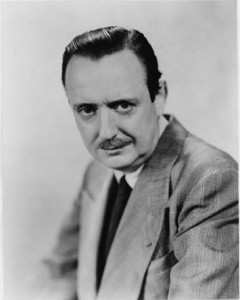
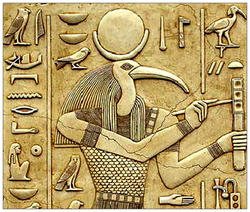
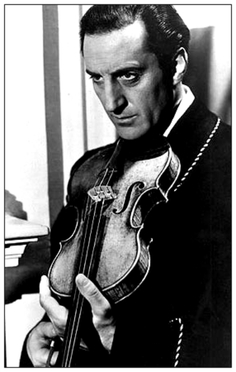
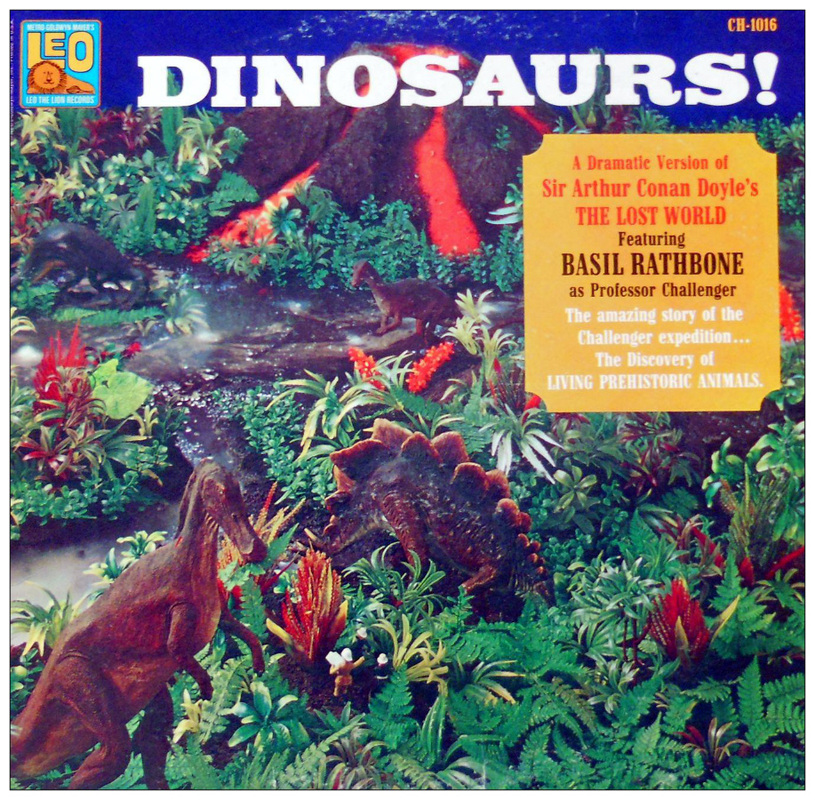
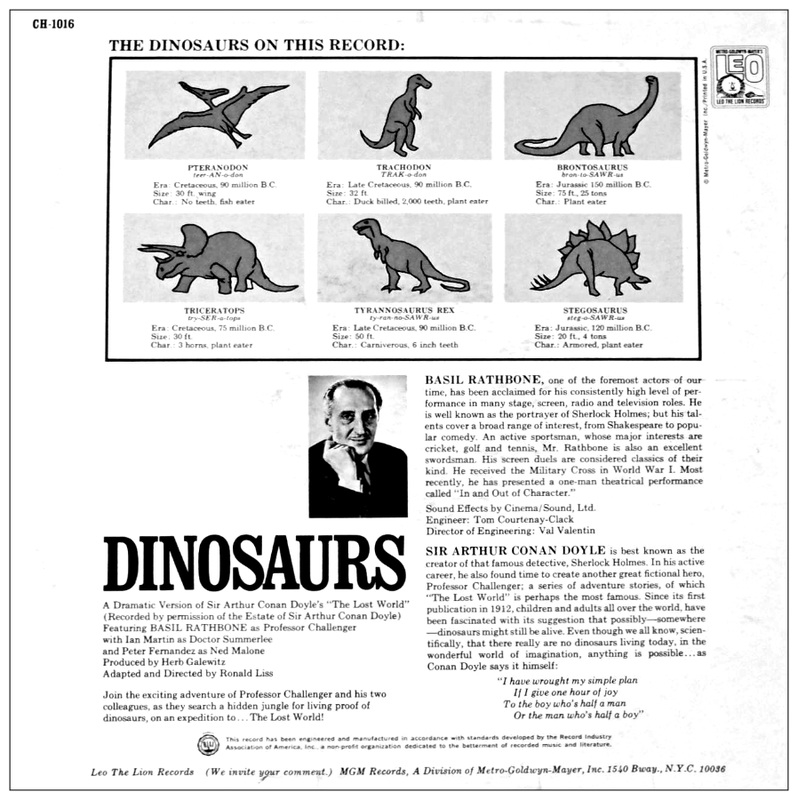

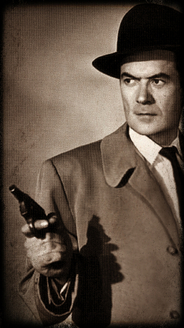
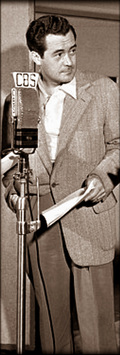
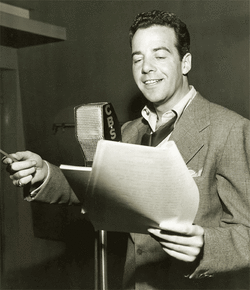
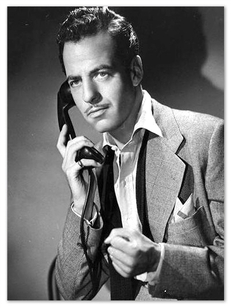

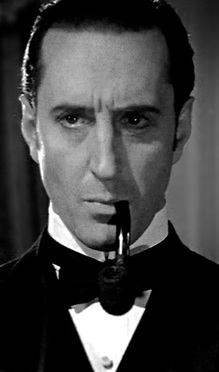
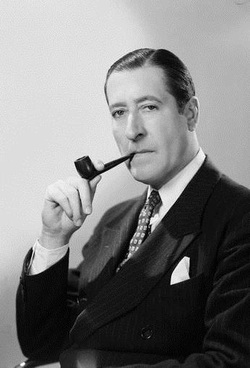
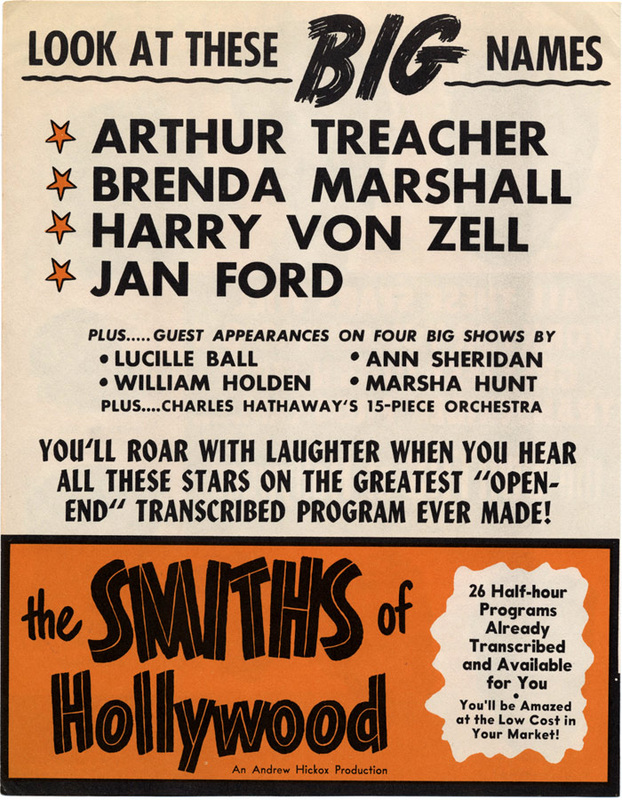
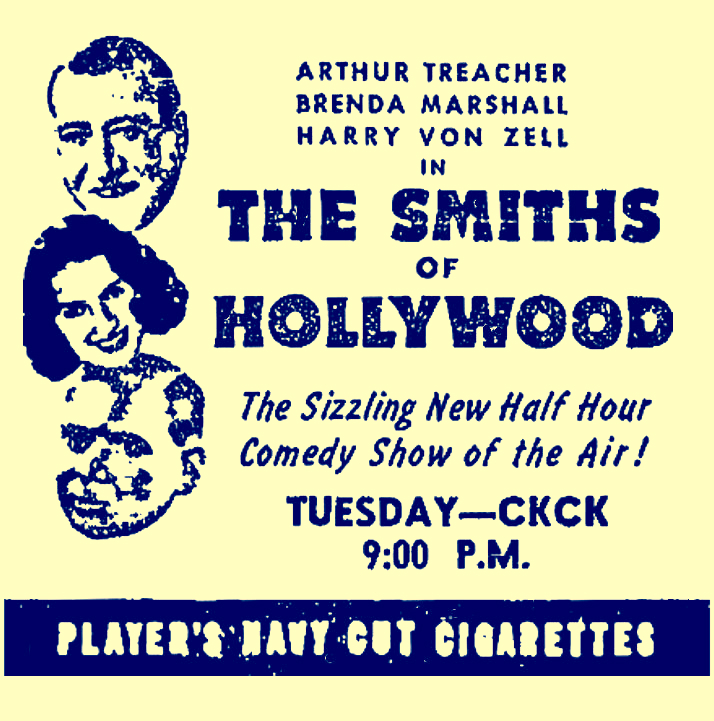
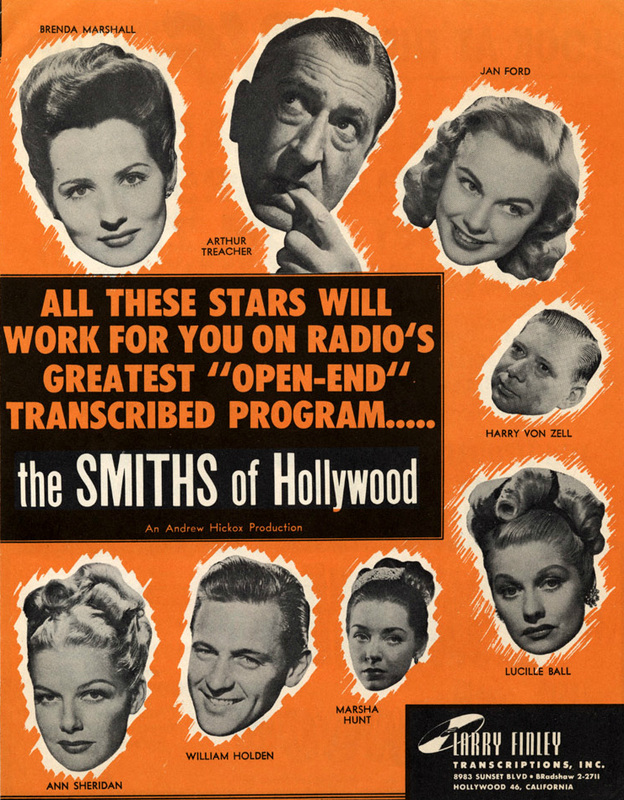
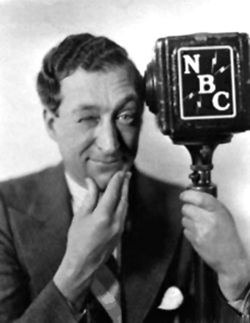
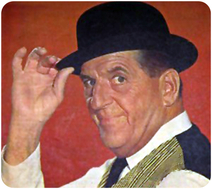

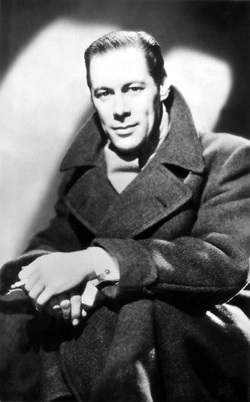
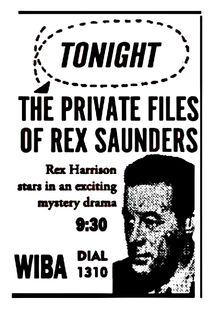
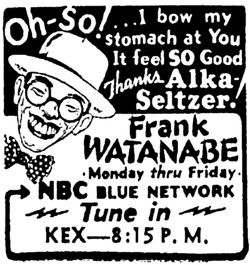
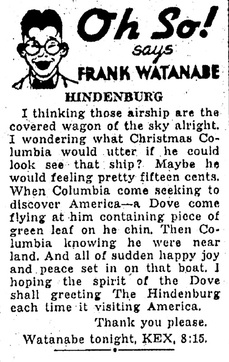


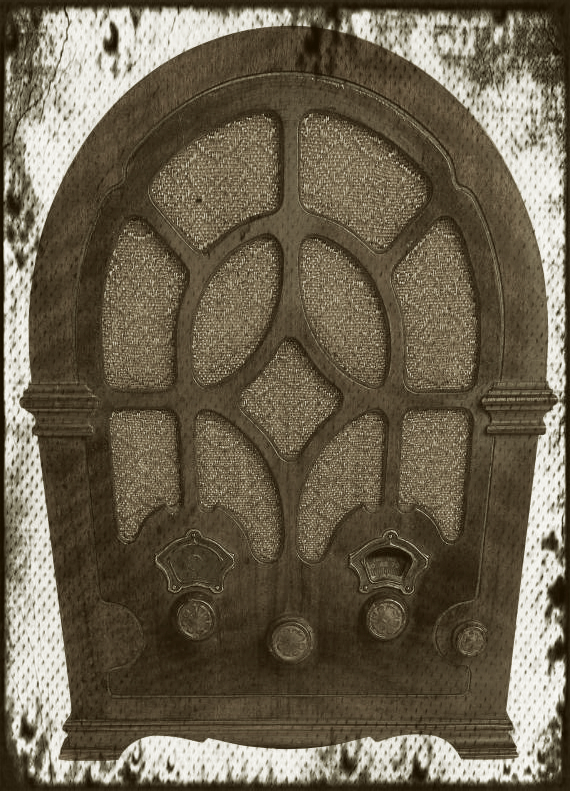
 RSS Feed
RSS Feed

